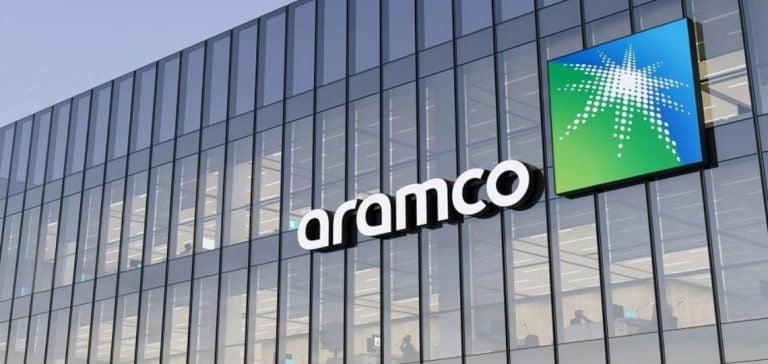Saudi Aramco launches a new debt issue on the markets, raising $3 billion through sukuk.
The company is turning to the bond market for the second time in 2024, having raised $6 billion in July.
This comes as the company plans to pay out a colossal $124.3 billion in dividends for the current year.
The sukuk issue comprises two tranches: $1.5 billion with a five-year maturity, and $1.5 billion with a ten-year maturity, with respective spreads of 85 and 100 basis points over US Treasuries.
The purpose of this facility is clear: to compensate for the decline in cash flow generated by oil activities, affected by the production restrictions put in place by OPEC+. These restrictions, designed to maintain crude oil prices, limit Aramco’s ability to operate at full capacity.
As a result, the company is operating at around 25% below its maximum capacity, reducing its oil revenues.
Impact of lower oil prices on Aramco
The global oil situation remains a challenge for Saudi Aramco.
Oil prices, although supported by OPEC+ efforts, have not returned to expected levels.
This volatility, combined with production restrictions, has a direct impact on the company’s profitability.
Aramco continues to post solid earnings, but its liquidity requirements are growing to support its financial commitments, notably to the Saudi government, its main shareholder with an 81.5% stake, as well as the Public Investment Fund (PIF).
The dividends to be paid for 2024, which exceed $124 billion, represent a major strategic challenge for the company and for the Saudi economy as a whole.
They are used to finance the flagship projects of the Vision 2030 plan, which aims to diversify the Saudi economy beyond oil.
However, this high-dividend strategy is putting a strain on the company’s cash position, which is already under pressure from falling crude prices and production cuts.
Adjustment strategy in the face of market challenges
The sukuk issue demonstrates Aramco’s desire to diversify its sources of financing, turning to Islamic-compliant bonds to attract regional and international investors.
This approach enables the company to maintain financial flexibility in a global context marked by uncertainty.
However, the company’s increasing debt levels also indicate a growing dependence on financial markets to maintain its operations and meet its commitments to shareholders.
Monica Malik, Chief Economist at Abu Dhabi Commercial Bank, observes that Aramco’s additional borrowings in 2024 directly reflect the need to cover dividend payments, while cash flows generated by operations are no longer sufficient to finance them.
Capital expenditure, necessary to support the company’s future growth and meet the requirements of the Vision 2030 plan, is also adding to short-term liquidity needs.
Consequences of OPEC+ decisions and future prospects
Decisions taken by OPEC+, which is de facto led by Saudi Arabia, continue to have a direct impact on Aramco’s ability to generate revenues.
By limiting production, OPEC+ is seeking to stabilize oil prices, but this means that Aramco must reduce its activity on a scale that significantly affects its margins.
These oil policy choices, while essential to support world prices, weigh heavily on the company’s short-term prospects.
Aramco also faces internal challenges in managing its investments and financial priorities.
Although recently issued sukuk bonds have attracted strong demand, reflecting investor confidence in the company’s strength, frequent recourse to debt could become a concern if oil market conditions do not improve.
The company will have to adjust its strategies in line with price fluctuations and uncertainties related to global oil demand.
In the long term, Saudi Aramco’s strategy is based on a delicate balance between maintaining high dividends to support the Saudi economy, and prudent management of its investments and debt.
In a market marked by persistent volatility, the company will need to remain agile to meet shareholder expectations, while navigating a constantly changing global economic environment.





















